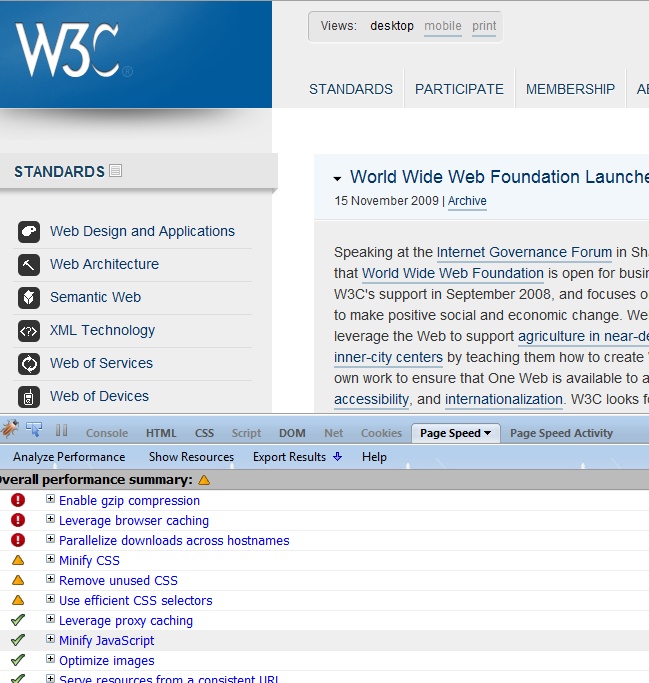No Famous Marketers section would be complete without mentioning Steve Case. A traditional marketer who cut his teeth at Pizza Hut and P&G, Case was born in that perfect swirl of time pointed out in Malcolm Gladwell’s Outliers. A late Boomer, born in 1958, Case is 3 years younger than Bill Gates and Steve Jobs. As his career reached a point where he had authority, Case plunged forward as his contemporaries did and disrupted an entire industry.

There can be arguments forever about who invented the Internet, but few can argue about the identity of the person who brought widespread Internet access to the American consumer. Case’s innovations at the nascent Quantum Computer Services are legendary.
Riding herd over a network of dedicated hobbyists using Commodore computers in the mid 1980s, Case’s pushed online chats, streaming music (albeit 3 voice music more rudimentary than greeting cards sold today) and the concept of consumers paying extra for premium content. Quantum, known to devotees as Q-Link, quickly blossomed into Apple and PC specific platforms. (Disclosure: I was an early contractor at Quantum and later received a job offer to manage a segment of the Apple platform).
Tying the brands together into a single entity, Case created America Online, a behemoth that was serving 25 million subscribers by the new century’s celebration. The company’s ubiquitous trial CDs become late night comedian fodder and filled many trash bins. Having conquered online access, Case took on Wall Street and created a massive entertainment and information company when AOL merged with Time Warner.
The vision was simplicity: the content from Time Warner’s vast collection of movies, music, news and television would flow across the growing Internet to AOL subscribers. Through financial engineering, Case’s AOL managed to own more of the much larger Time Warner. Unfortunately for Case and the new company’s shareholders, AOL was one of the poster children of the Internet bubble, and the balance sheets soon took a write-off approaching $100 billion. Case was ousted from his role, and in 2009, AOL was finally poised to break free and spin off as its own organization once again.
But Case had a third act up his sleeve — one that was revolutionary. Using his own funds as seed money, Casey founded an incubator that created offerings in health, finance and invested in prominent social media companies. From an initial investment of $100 million in personal funds, Case began rolling up small companies into something larger, much like the $160 plus billion dollar deal he once made for Time Warner. The result, as he turned 50 years old in late 2009? Seeing AOL leave the Time Warner fold with a capitalization expected to be several billion and the announcement in November of 2009 that American Express would buy Revolution Money, the company’s finance offering, for $300 million


